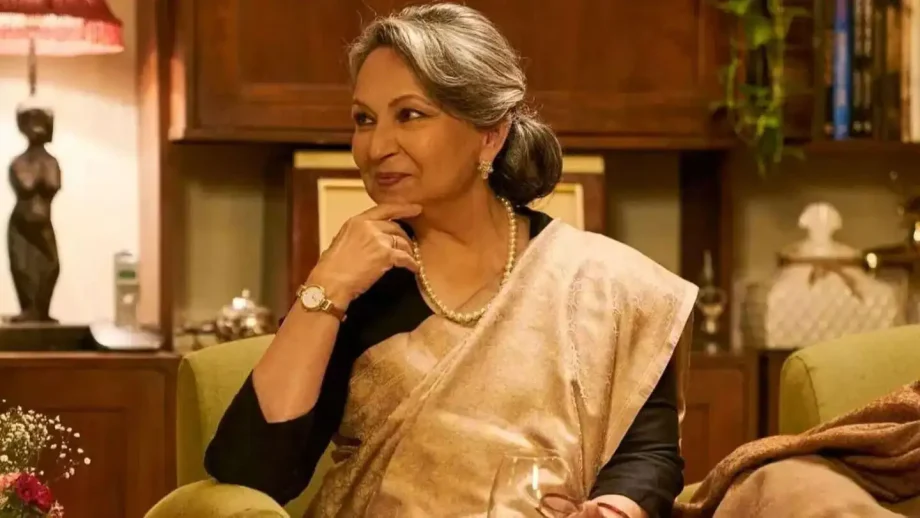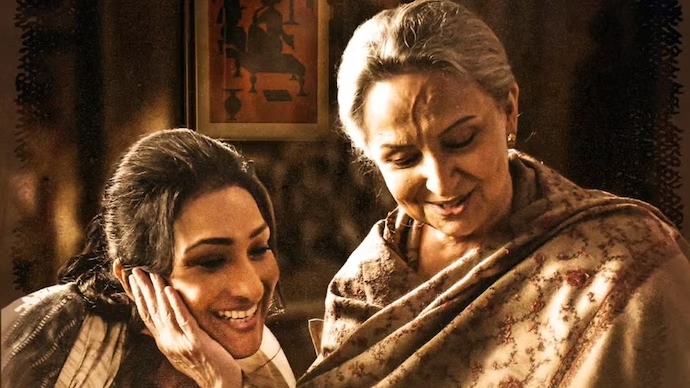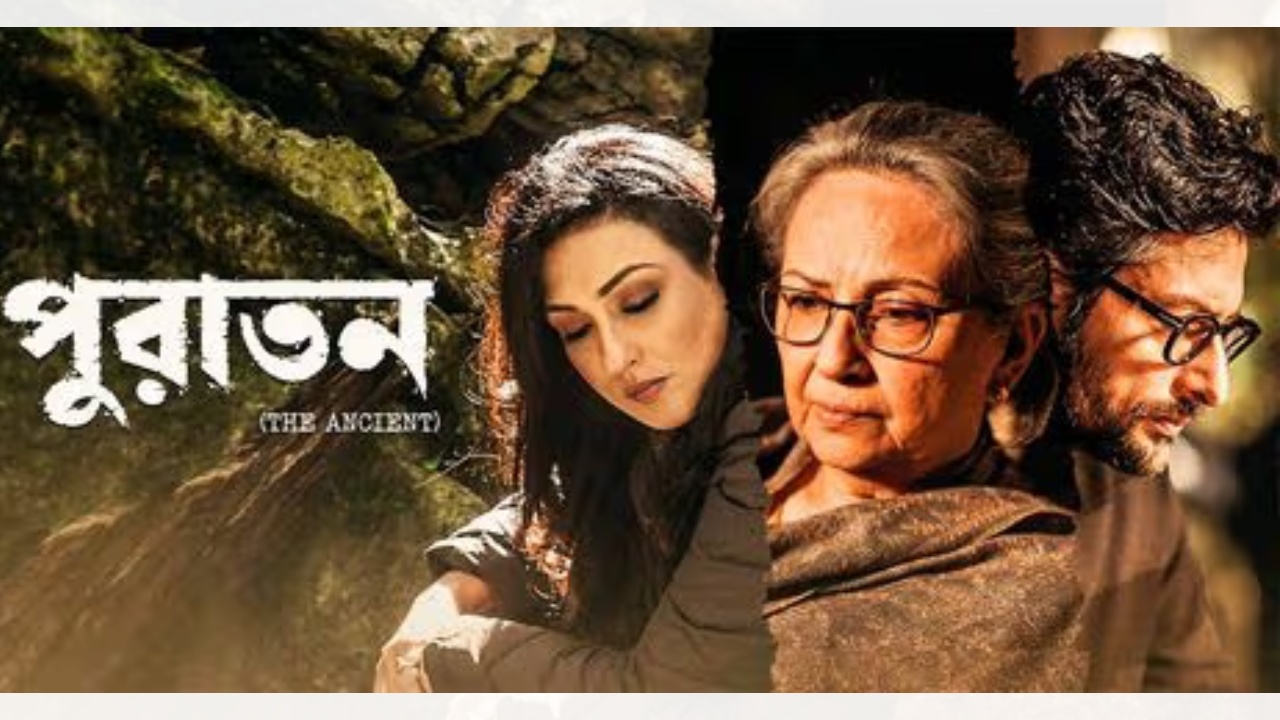If you ever look back and reminisce about your past, would you want it to fade? Past doesn’t hit you until you lose the strings, one by one. And then, by all the force and fervour you have left within you, you start to cradle the past as if you could preserve it by mere will. You would want it to stay.
Like the last strands of perfume on an old letter, the crumpled edge of a photograph, or the voice of someone you now only remember in fragments. Reminds me of Farida Khanum’s song ‘Aaj Jane Ki Zidd Na Karo,’ …Waqt ki qaid mein zindagi hai magar, Chand ghadiyan yehi hain, jo aazaad hain, Inko khokar meri jaane jaan, Umr bhar na taraste raho,’ it hits you right? You keep staring with your child-like eyes, unable to do anything, and watch everything slip…just slip.
Suman Ghosh’s Puratawn – The Ancient allows you to feel it. Like a room filling with the scent of something long-forgotten, rain on old stone, the warmth of your mother’s ‘aanchol,’ the silence after a lullaby fades. As you watch Puratawn, you slowly return to it, like returning to a childhood home that now stands with locked doors, half-open windows, and the same wind, still circling the corners.
It opens like the slow creaking of an ancestral door, not grand, not dramatic, but familiar. A house soaked in stillness, wrapped in years that continue to live long after everyone has stopped paying attention. Every object here breathes, a table fan spinning through silences, a glass of water left untouched, letters folded into corners like pressed flowers. There’s no need to explain. The air already knows.
And in this spiral, we see Sharmila Thakur (Tagore). She has all of it buried in her bones. She asserts like the dusk, like an old love, like an ‘ode’ herself. You cannot move your glances from her, for her eyes carry the tremble of the past. Every gaze gambles with the bygones. Pulling her in and out, and in all of that, she chooses to slide within. Around her, time loses shape. The past isn’t something that happened, it’s something that happens, over and over again, as she traces the edges of a name she once knew, a place she once called home, a child she might still recognise if the wind turned just right. And this is where the ache lies, not in forgetting, but in half-remembering.

The daughter (Rituparna Sengupta) moves through this haze, holding logic in one hand and longing in the other and trying to measure what cannot be measured. Trying to carry a mother who’s becoming more story than substance. And how do you hold someone slowly dissolving into their own memories?

Puratawn sits with no resolution. No final act. Just the slow erosion of certainty, and a yearning to hold still what refuses to be held. It tells you to keep lingering. It tells you to ‘hold on, hold on, my love.’ It’s a solitary immersion that pulls you. So, when it draws to the end, you do not sit on your chair to quest for closure, for you already have it in your mind; you’re just hoping something stays. A glance. A gesture. A piece of music. A sliver of sky. You walk away, not with answers, but with a fragile, tender disquiet. And strangely, it comforts you.
Because Puratawn doesn’t end, it remains. Like dust on old furniture. Like perfume in a sari that hasn’t been worn in years. Like a lullaby, you didn’t realise you still remembered the tune of — until someone hummed it again.
And just like that, you find yourself returning. Not to rewatch it. But to relive a feeling you’re afraid you might one day forget.
But do we forget? Do we?
IWMBuzz rates it 4.5 stars.

